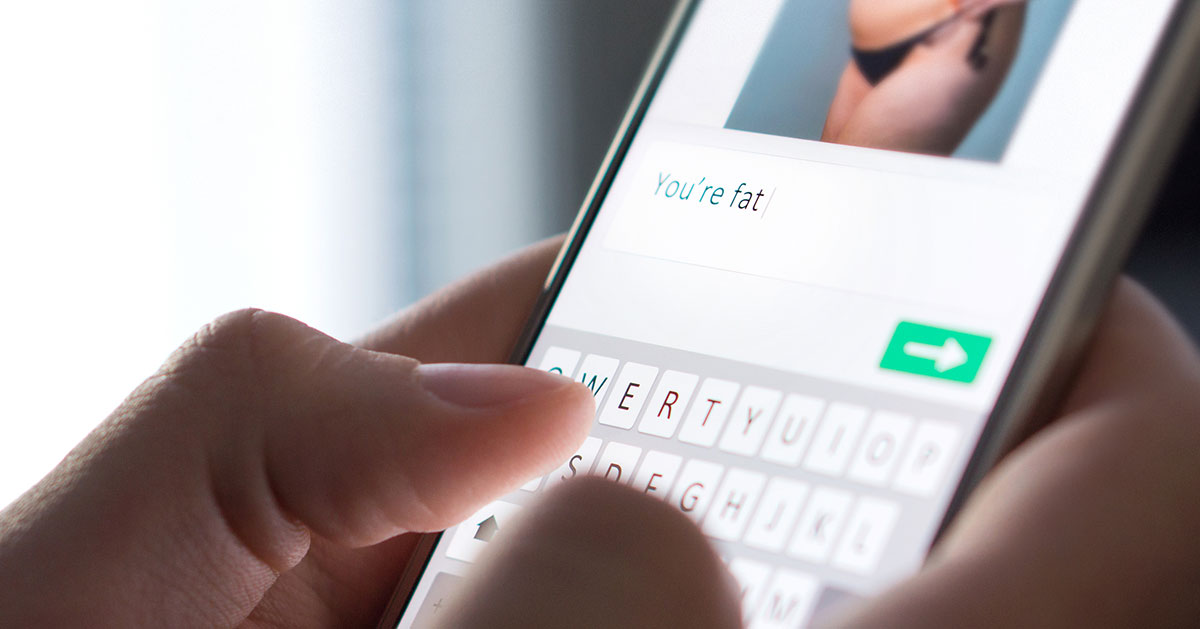How To Fight Body Shaming And Accept The Skin You're In
In a world dominated by social media, it has become incredibly easy for individuals to body shame others for the way they look, thus altering the way an individual feels and experiences their body. You can't go anywhere without hearing comments such as: "She’s too skinny, get her a burger." Or, "Look how fat they are, get them a vegetable, STAT!"No matter who you are or how you look, at one point or another we have all been body shamed or cyberbullied to some degree. Not to be the typical cliche, but now is the time to reclaim your power, and no matter who you are, and learn to love yourself while accepting the skin you're in.
What Is Body Shaming?

Body shaming is the act of criticizing or mocking an individual for their body shape and size, and generally being negative about the way they look. It seems this type of negativity is everywhere these days; from magazines and the media constantly offering tips and telling you how to lose weight, or how to appear leaner, skinnier, taller, and how to hide or get rid of our imperfections, all without knowing your personal story and appearance. These messages from the media and towards each other often imply we should want to change and should care about fitting the beauty standard of perfection of appearing slimmer, smaller, and more tanned.
Body shaming manifests itself in three distinct ways. First, it starts with the individual criticizing their own appearance, based on a judgment or comparison to another person. Secondly, it is created when we criticize another person’s appearance in front of them. Lastly, body shaming is born when we criticize another’s appearance without their knowledge. Regardless of how it manifests, body shaming often leads to comparison and shame, which perpetuates the idea individuals should be primarily judged on their physical appearance.
The Impact Of Body Shaming

When an individual feels bad about themselves, it can negatively impact not only their physical health but their mental health as well. Research published in the journal Obesity showed higher levels of weight-bias internalization are associated with metabolic syndrome, which is a combination of health issues that raise the risk for diabetes and heart disease. Weight-bias internalization is a term describing when individuals are aware of negative stereotypes about obesity and apply these stereotypes to themselves. In this study, overweight women who believed these negative remarks about their bodies were at an increased risk for heart disease and diabetes than individuals who maintained a positive body image. Other long-term impacts body shaming can have on an afflicted individual include developing low self-esteem, which can transform into depression and anxiety, as well as eating disorders, such as bulimia and anorexia.
